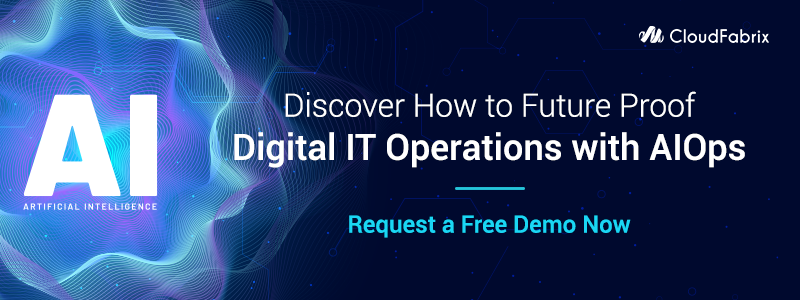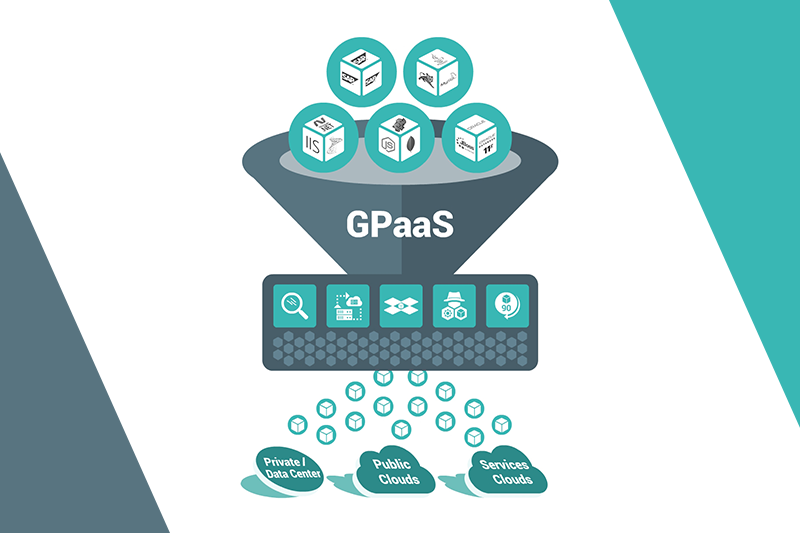In today’s digital world, new technologies emerge and become obsolete quickly. As change in digital age is inevitable and rapid, it is incumbent upon businesses to remain sufficiently flexible to keep up with constant changes. This requires enterprise modernization which involves the following key aspects
1. Transforming legacy applications: As most of the core business capabilities are often locked in the legacy systems, it is important to modernize these to keep up with the increased ‘velocity’ of changing digital delivery of products and services. However, traditional methods of modernizing legacy applications through lift and shift methods can disrupt productivity so enterprises need to have the ability to control when and how these applications will be modernized i.e. in parts/stages, zero-touch methods etc.
2. Adopt Cloud Native Development: Cloud native applications are designed to effectively operate in private, public or hybrid cloud leveraging leading technologies like Micro services, Containers, DevOps and Automation to deliver rapid innovation cycles.
3. Multi-Cloud enablement: In order to meet the changing needs of the business, enterprise should be able to leverage the cost benefits, capacity and speed of provisioning by seamlessly accessing the infrastructure resources and application services from public, community and private clouds, as one cloud with effective controls to enforce deployment, management & operational policies consistently.
4. Embrace Digital Culture: Due to rapid business cycles, businesses need to embrace a culture that promotes ‘Test and learn” cycles and accepts failures as part of the process. By making theses cycles faster and impacts localized, they can mitigate the risk of failures. It is time to move beyond digital culture shock and create a corporate culture to empower people for any successful digital transformation.
5. Deploy Firm-wide Active Digital Governance: Active application governance that is outcomes based, data driven and with built-in support for configurable workflows allows enterprise to standardize and automate their approach to align and synchronize different stakeholder activities. Such streamlined governance framework will also provide the controls and visibility to decision-makers and serve as the bases for advanced analytics and insight driven decision making processes to deliver positive business outcomes in a consistent manner.





